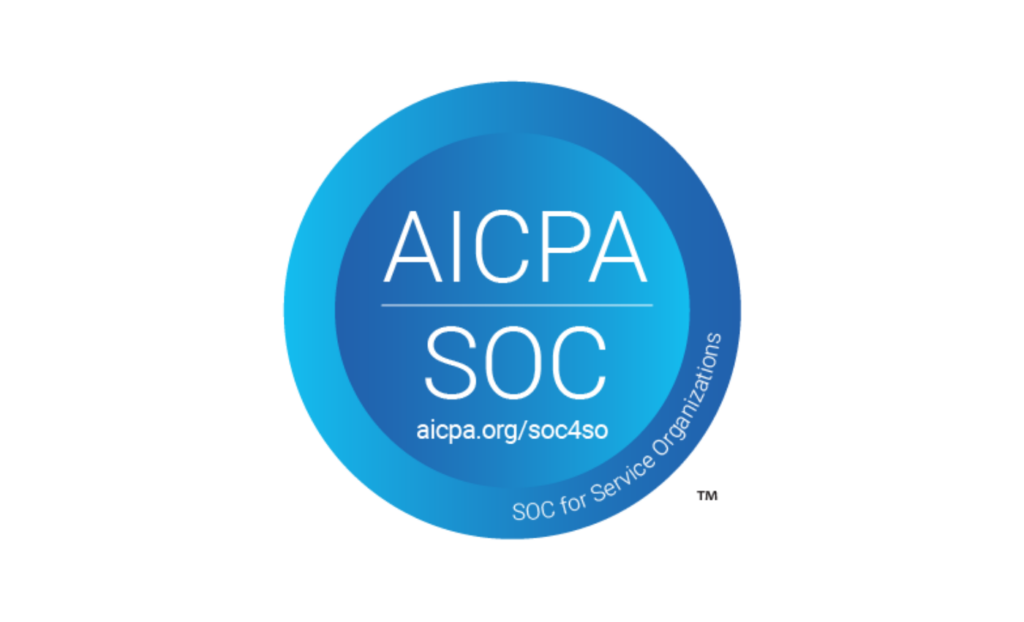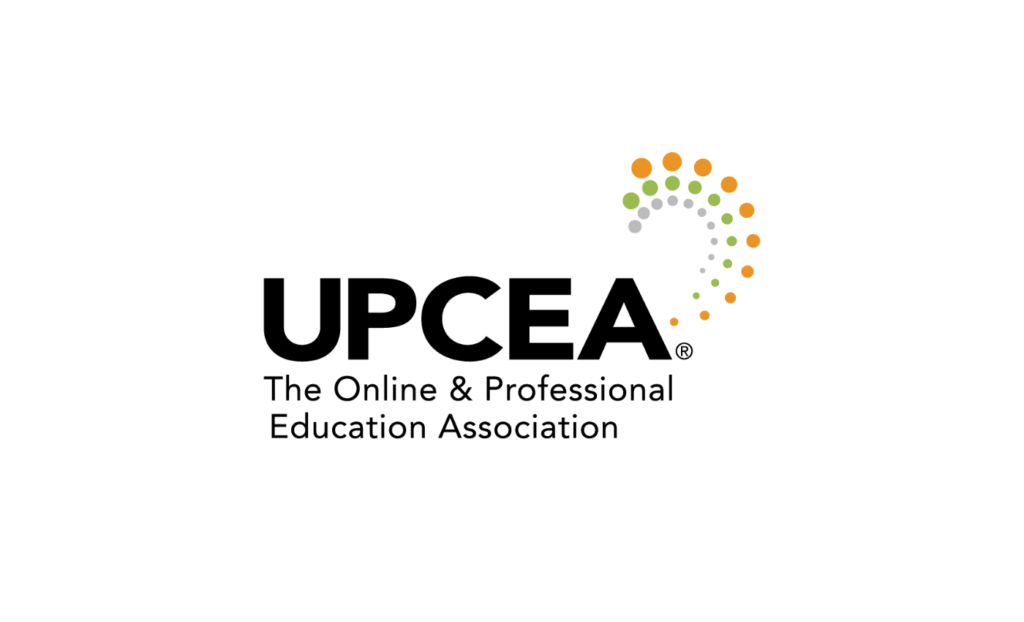this one archive?
Are slow response times costing you enrollments? Use this quick self-assessment to evaluate enrollment responsiveness, personalization, and follow-up—and identify where students may be waiting on you.
A practical, low-risk guide to using AI in enrollment so teams reduce workload, protect trust, and respond faster without disruption. Read more.
Discover strategies to overcome continuing education enrollment barriers and grow your program. Learn modern marketing tactics, leverage data, and focus on lifetime learner value for sustainable growth.
Noodle today announced that it has achieved SOC 2 Type I compliance, reinforcing the company’s commitment to protecting the data of its university partners and learners.
Struggling with accessibility in your online courses? Discover the top issues and quick, practical fixes to meet 2026–2027 compliance standards.
Tuition is more than a number. Learn how pricing shapes learner perception, value, and enrollment—and how leaders can realign tuition with institutional identity.
Dashboards explain what happened, not why. Explore how qualitative insights and stakeholder feedback help higher ed leaders identify the why—and plan accordingly.
Noodle is proud to sponsor and exhibit at the 2026 SOLAR Conference hosted by UPCEA. As a company dedicated to expanding access, improving outcomes, and supporting institutions in designing high-quality, tech-enabled learning programs, Noodle shares SOLAR’s focus on student success, operational excellence, and strategic leadership in online and hybrid education.
As an annual sponsor and exhibitor, Noodle returns to the 2026 UPCEA Annual Conference, where leaders across higher education will come together to share ideas, spark innovation, and shape the future of learning. Committed to helping institutions expand access, improve outcomes, and design meaningful learning experiences, Noodle looks forward to connecting with attendees as they explore new strategies and insights throughout the event.







